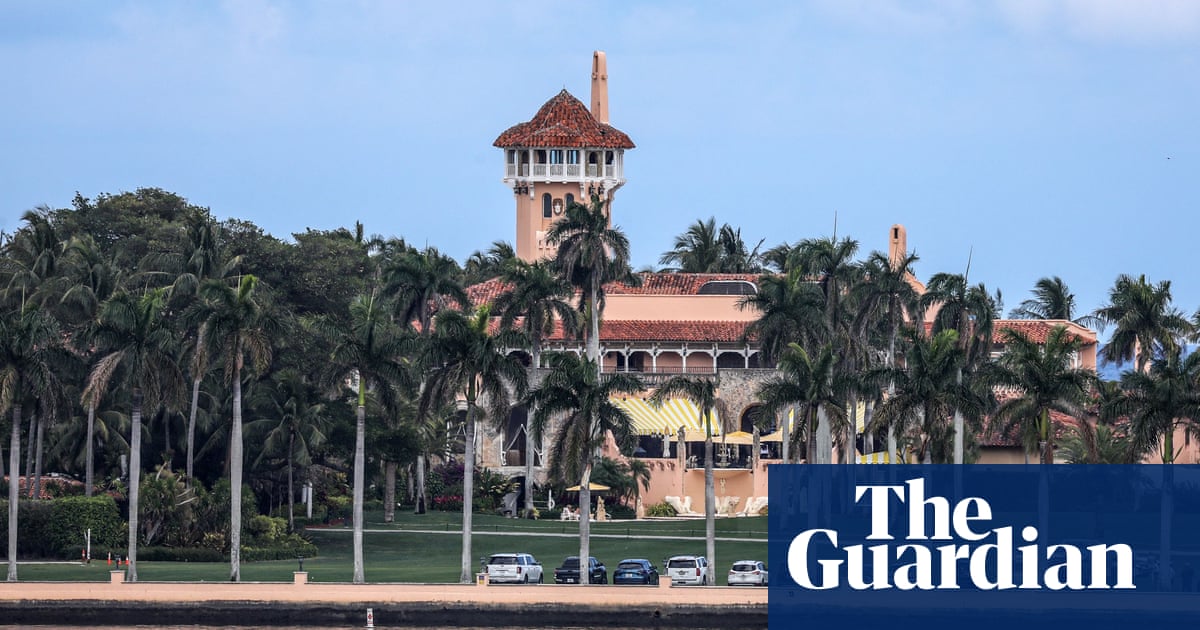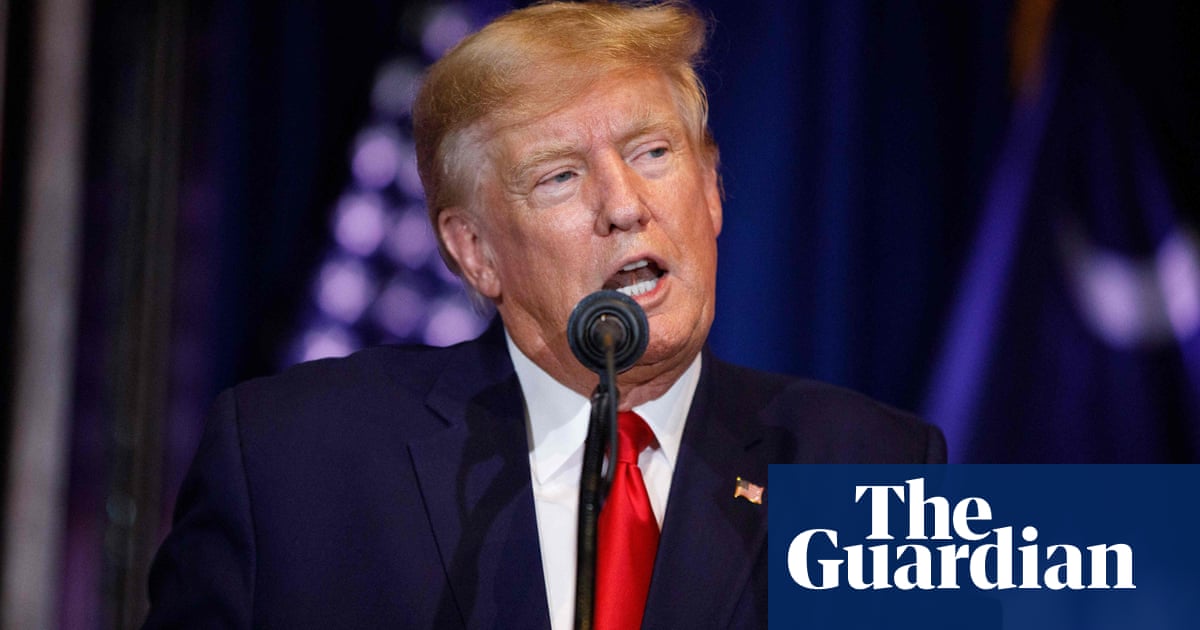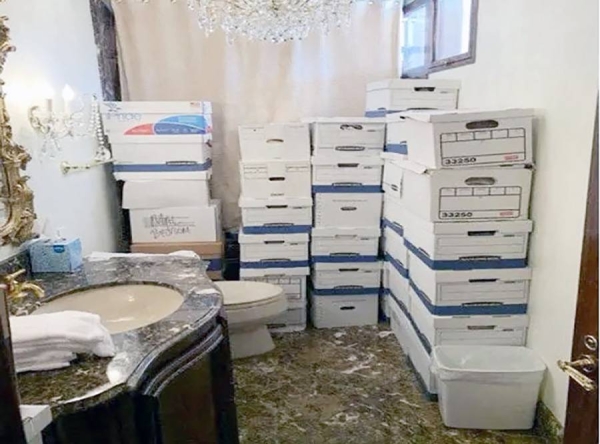
Donald Trump has turned over to the government hundreds of documents marked as classified and improperly retained at his Mar-a-Lago resort in Florida, according to a review conducted by the National Archives, the custodian of presidential records, and sources familiar with the matter.
The government has retrieved highly sensitive materials on three separate occasions: one set of documents facilitated by the National Archives in January, one set went to the justice department in June, and another set was seized by the FBI in a search two weeks ago.
An inventory of materials in that initial transfer showed the National Archives recovered from Trump more than 100 documents marked as classified – more than 700 pages in total – and some with “Special Access Program” markings that designate the highest level of classification.
The disclosures, which came in a letter published by one of Trump’s liaisons with the National Archives on Tuesday, provides for the first time an official accounting of the volume and sensitivity of the documents hoarded by the former president since the end of his administration.
And it helps to explain why the justice department opened a national security investigation into the unauthorized retention of government secrets by Trump that resulted in FBI agents executing a search warrant at Mar-a-Lago to recover any remaining official records.
The volume and sensitivity of the documents recovered by the National Archives in January also sheds light on the justice department’s urgency to make repeated visits to the pay-for-membership resort and the push to have the FBI gather the materials after months of delay.
Trump has pushed back at the FBI and, on Monday, his lawyers filed a motion seeking the appointment of a so-called special master to determine what seized materials can be used in a potential prosecution on the basis of executive and other privilege, instead of justice department “filter” teams.
The motion also asks for a more detailed receipt of what was seized and, as the Guardian earlier reported on Saturday, that a court restricts the justice department from reviewing any more of the seized documents until a special master – usually a retired lawyer or judge – is appointed.
If the documents are determined to be covered by executive privilege, then while Trump might not be entitled to keep them – they should reside at the National Archives – Trump could have a valid argument that the government cannot use it against him in a prosecution.
The argument, according to several former US attorneys, is that the justice department should not be able to use in a prosecution any documents that are privileged but are not subject to the crime-fraud exception, which concerns materials have to do with, or is in furtherance of a crime.
In essence, the argument goes, there could be materials or communications seized by the FBI that are privileged but not themselves be used in furtherance of a crime – that even if the justice department would like to use in a prosecution, should be excluded from the evidence.
According to reporting by the Guardian and others, shortly after opening the investigation, the justice department grew concerned that there might be additional classified materials being retained at Mar-a-Lago that they needed to collect, according to sources briefed on the matter.
The justice department interviewed a number of witnesses, and in May issued a subpoena for remaining classified documents. The following month, Jay Bratt, the chief of the counterintelligence section at the agency, and three other officials went to Florida to retrieve the materials.
At the June visit, one of Trump’s attorneys, Evan Corcoran sifted through boxes of documents brought from the White House and stacked in a storage area at Mar-a-Lago to identify responsive documents, and drafted a statement attesting to what they were giving over to Bratt.
The statement was signed by the custodian of records. The custodian is understood to be another Trump lawyer, Christina Bobb, though a person close to Trump declined to confirm or deny whether she was the custodian.
But the justice department then came across evidence that Trump might be holding on to additional classified documents, including in his office at Mar-a-Lago, the former president’s principal residence during the winter until mid-July, when he decamps to his New Jersey golf course.
The justice department were also alarmed that after it subpoenaed the Trump Organization, which runs the Mar-a-Lago property, on 22 June for security camera footage including of the hallway directly outside the storage area, it showed people taking boxes in and out.
It was not clear whether the boxes seen on the security camera tape were related to presidential or government records. The New York Times reported that the justice department is now also seeking footage from the weeks leading up to the FBI search conducted on 8 August.












